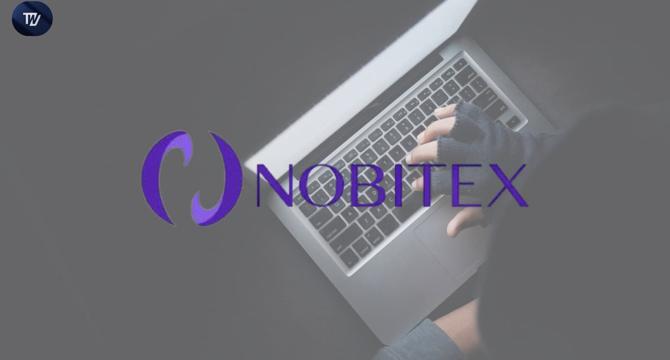TronWeekly
3w
17

Image Credit: TronWeekly
Nobitex Breach: Iran Limits Crypto Exchange Hours After $100 Million Hack
- Iran's central bank imposed strict operating hours on crypto exchanges following a $90 million hack on Nobitex.
- The attack, linked to a pro-Israel group, indicated political motivations over financial gain.
- Concerns over Nobitex's ties to sanctioned and illicit networks deepen worry about Iran's crypto infrastructure.
- Nobitex, Iran's largest digital asset platform, lost over $90 million in a recent exploit affecting various cryptocurrencies like Bitcoin, Ethereum, Ripple, and Solana.
- The exchange has connections with sanctioned entities and has facilitated transactions involving groups like Hamas and the IRGC.
- Chainalysis revealed that Nobitex interacted with sanctioned platforms like Garantex and Bitpapa, aiding illicit finance.
- The exchange serves as a critical gateway for Iranians evading international sanctions, making it a target for politically motivated cyberattacks.
- In response to the breach, Iran's Central Bank mandated limited trading hours (10 AM to 8 PM) for internal exchanges, aiming to bolster monitoring.
- Nobitex has improved security by moving significant holdings to new wallets and has promised users enhanced protection.
- Increased scrutiny post-hack is isolating the Iranian exchange and crypto market, causing global observers to closely monitor the situation.
- Global partners are restricting services to Iranian wallet vendors, while blockchain startups face investor disinterest and operational challenges.
- Startups in Iran are contemplating relocation or stealth mode operations due to diminished venture capital interest post-hack.
- Geopolitical tensions are limiting access to essential tools like GitHub, API nodes, and stablecoin liquidity for crypto projects in Iran.
- The backlash from the Nobitex exploit could impede innovation and slow down crypto adoption in the country.
- Crypto projects in Iran are facing challenges in product launches and funding opportunities post-Nobitex hack.
- The sector is experiencing increased isolation and monitoring amidst geopolitical sensitivities.
Read Full Article
1 Like
For uninterrupted reading, download the app